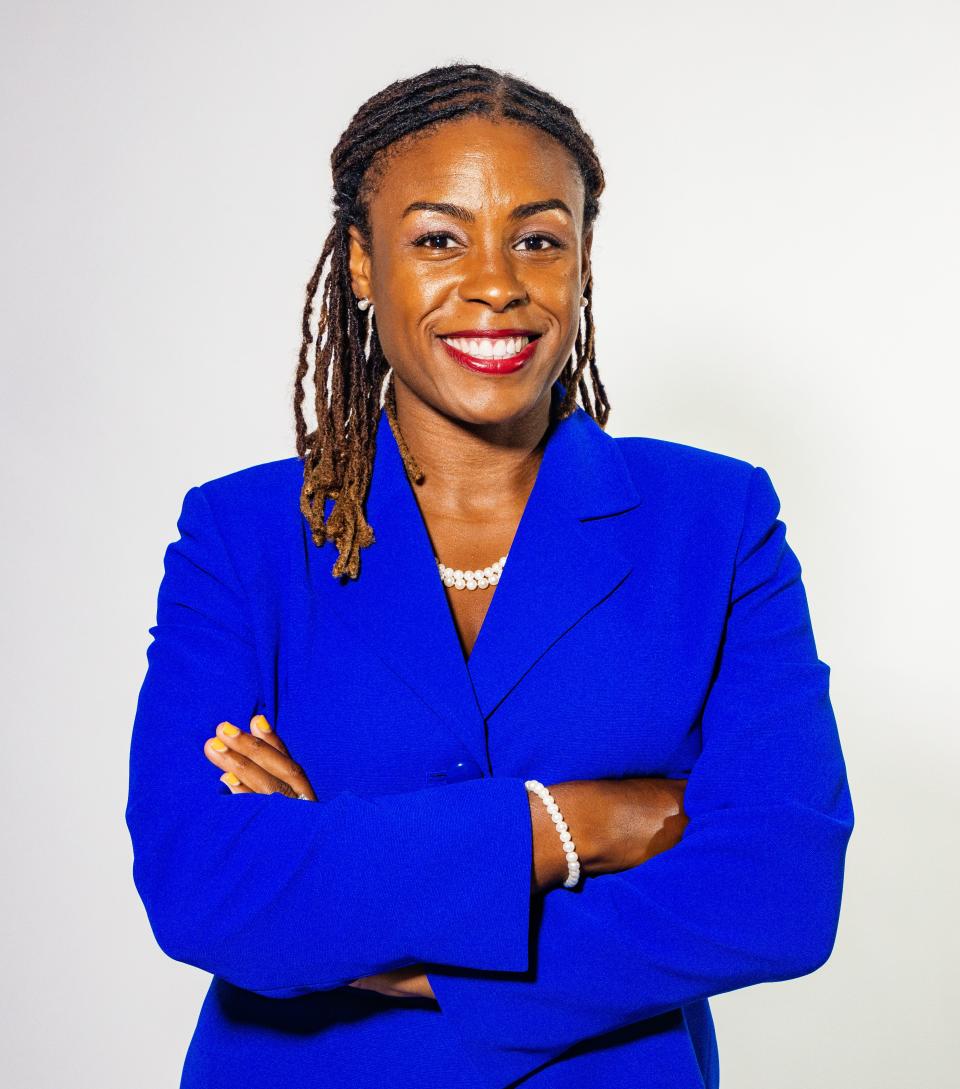Conservators mess up when they do not understand their role. New Tennessee law fixes that
Imagine you are an adult only child who was appointed conservator of the person and property for your parent.
In addition to the responsibilities of serving as conservator, you have four young children. You attend the court hearing, you agree to serve as conservator and the court explains your fiduciary responsibilities however, no specific training was required.
Unfortunately, you fail to file the required annual accountings and inappropriately managed the bank accounts. These actions result in a $30,000 judgment against you as the conservator in part because you did not fully understand what you were tasked with doing. Regrettably you are ultimately replaced as financial conservator for your parent.
Some conservatorship relationships consist of the respondent (the person with the disability) and a professional conservator, typically either an attorney or a private company. One of the most common conservatorship relationships however is between a respondent and their family member. The latter relationship is the one that more often encounters the unintentional abuse and neglect of the conservatorship estate that education and training could help remedy.

New required do's and don't helps conservators avoid mistakes
The Conservatorship Association of Tennessee has been working for years for a solution to better educate conservators. Thankfully, a law recently passed by our legislature will help conservators know what is expected of them from the moment of appointment.
The new law brought by Sen. Paul Rose and Rep. Robert Stevens (Senate Bill 2227/House Bill 1993) and which became effective on July 1 will require the fiduciary oath, which is signed by all conservators, to include specific language regarding what a conservator will and will not do while serving as a conservator. These do’s and don’ts created by the Conservatorship Association of Tennessee help explain in plain language what a conservator should not do and is required to do.
It is important to note that the lack of required training nationwide has resulted in several instances of unintentional abuse. This unintentional abuse is not only harmful to the respondent, but also to the conservator who is often a close family member. The respondent suffers harm through the mismanagement of their finances by their conservator.
Additionally, if the court discovers such mismanagement, the conservator can be subject to civil suits in which monetary penalties can be rendered against the conservator. This new law will help curtail unintentional actions by providing guidance to the conservator immediately upon appointment.
More: Michael Oher's conservatorship saga and his relationship to the Tuohys raise questions
Three tangible things the new conservator law will do
This is one step in the right direction. Providing this information will serve three key purposes.
First, this training imbues conservators with the knowledge they need to effectively serve their respondent. Proper education could alleviate some pressure.
Second, this guidance can have a positive impact on not only the conservator and respondent, but also the judicial system. When conservators are unsure of their duties, judges, clerks, and oversite offices expend many hours “picking up the pieces.”
Third, at the very least, this education will put conservators on notice of their responsibilities. Such training and notice could serve to inform conservators of the potential consequences of breaching their fiduciary duties.

While the potential for unintentional abuse is omnipresent, education and training for conservators can limit such abuse.
Twenty-two states require some sort of training for conservators; however, the breadth varies drastically from written material, videos, testing and required certification. Hopefully, Tennessee will join that number in the coming years with free required training programs for all fiduciaries.
Ultimately, conservatorship training has the potential to benefit conservators, respondents, and the courts. The purpose and value of conservatorship training is to provide the opportunity for conservators to learn how to properly exercise their fiduciary duties and to minimize fiduciary missteps that may occur. This new law is a great first step in the right direction for the protection of the most vulnerable in Tennessee.
Amy Willoughby Bryant is the director of the office of Conservatorship Management for the Metropolitan Government of Nashville and Davidson County.
This article originally appeared on Nashville Tennessean: Tennessee law now makes clear what a conservator does and doesn't do

